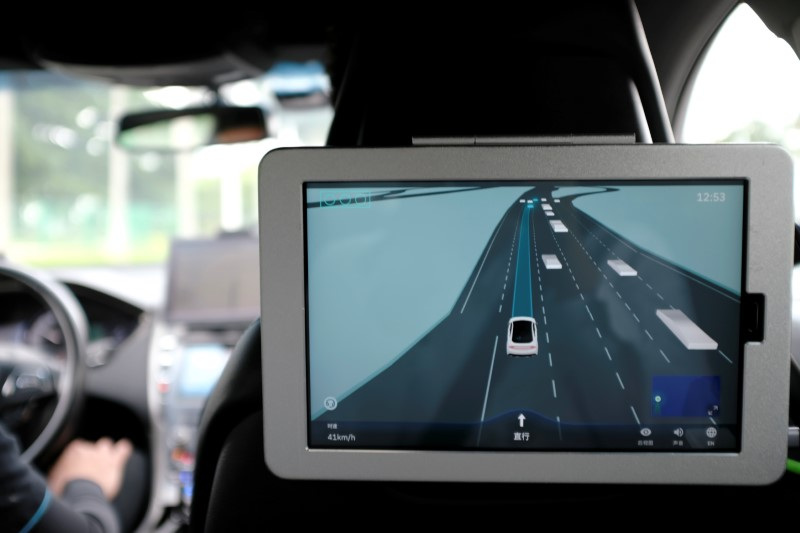(Reuters) – China-based autonomous driving startup WeRide has received approval from California to test its self-driving vehicles with passengers, according to a permit from the state’s utilities regulator.
The move comes as the company targets a valuation of as much as $5 billion for its New York IPO, even as the US is set to ban vehicles with Chinese-developed systems, according to people briefed on the matter.
The California Public Utilities Commission (CPUC) permit – issued earlier this month for three years – allows WeRide to transport passengers in driverless and driverless test vehicles. WeRide may not offer rides to the general public and may not charge fares.
WeRide has 12 active vehicles and will operate in San Jose and nearby areas, CPUC said in a statement to Reuters.
Developing and commercializing robotaxis in the US has been more difficult than expected, due to regulatory hurdles, opposition from city agencies and public outcry.
Alphabet’s (NASDAQ:) Waymo, which has about 700 vehicles in its fleet, is the only U.S. company operating unmanned robotaxis that collects fares.
General Motors (NYSE:)’ Cruise resumed safety driver testing in April after one of its vehicles struck a pedestrian last year.

WeRide, founded in 2017, first received permits from California in 2021 to test its vehicles without passengers. The company, which also makes autonomous vans, buses and street sweepers, has self-driving licenses in Singapore and the United Arab Emirates.
WeRide did not immediately respond to Reuters’ requests for further details.


